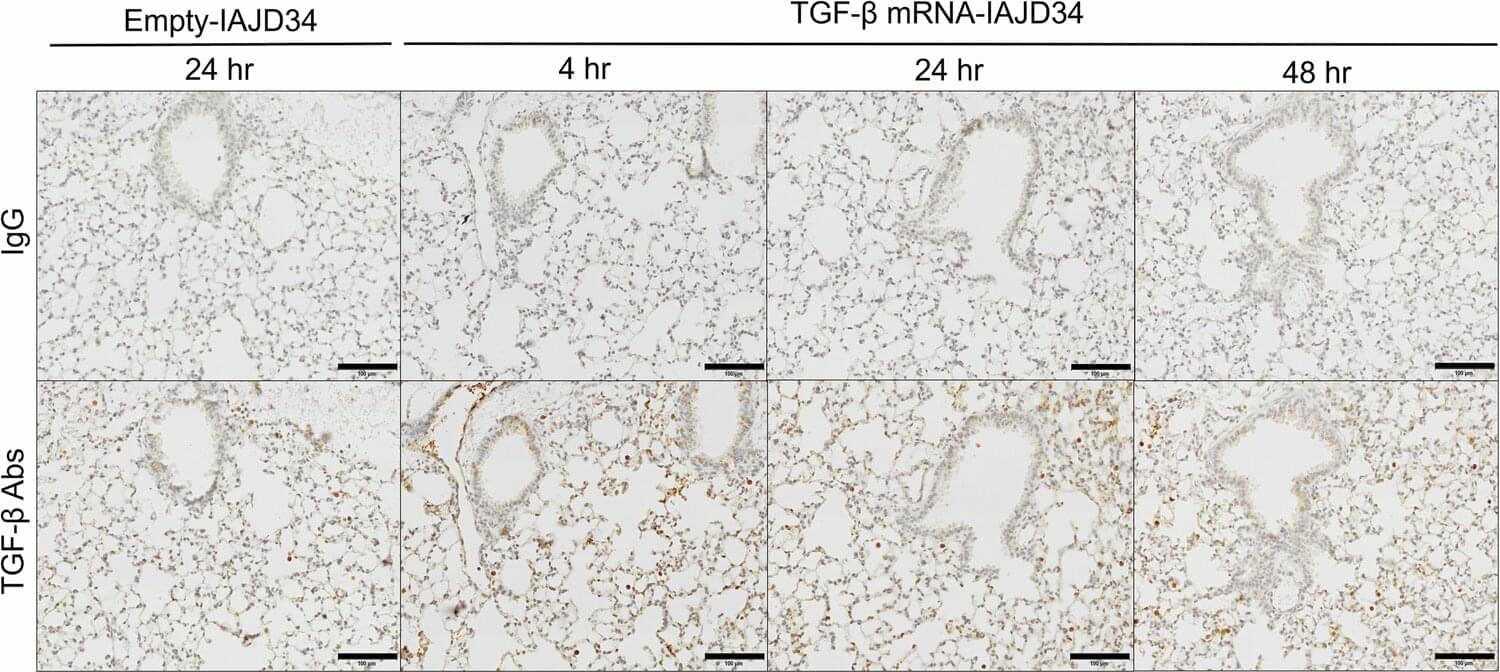A combination of mRNA and a new lipid nanoparticle could help heal damaged lungs, according to new research from the Perelman School of Medicine at the University of Pennsylvania. Viruses, physical trauma, or other problems can have a serious impact on the lungs, and when the damage is in the lower regions, traditional treatments, like inhaled medication, might not work. The study, published in Nature Communications, provides a proof of concept for an injectable therapy.
“The lungs are hard-to-treat organs because both permanent and temporary damage often happen in the deeper regions where medication does not easily reach,” said study author Elena Atochina-Vasserman, MD, Ph.D., research assistant professor of Infectious Diseases at Penn and scientist at the Penn Institute for RNA Innovation. “Even drugs delivered intravenously are spread without specificity. That makes a targeted approach like ours especially valuable.”
Lung damage can result from a variety of causes ranging from physical accidents that cause inflammation of the lungs to respiratory viruses like COVID, flu, and RSV. Viruses alone can usher in an inflammatory response setting off a buildup of fluid in the airways, excess mucus, cell death, and damage to the lining of the lungs. Whether acute or chronic, weakened lungs can be life threatening. Respiratory diseases were the third leading cause of death worldwide even before the pandemic, according to previous research.
